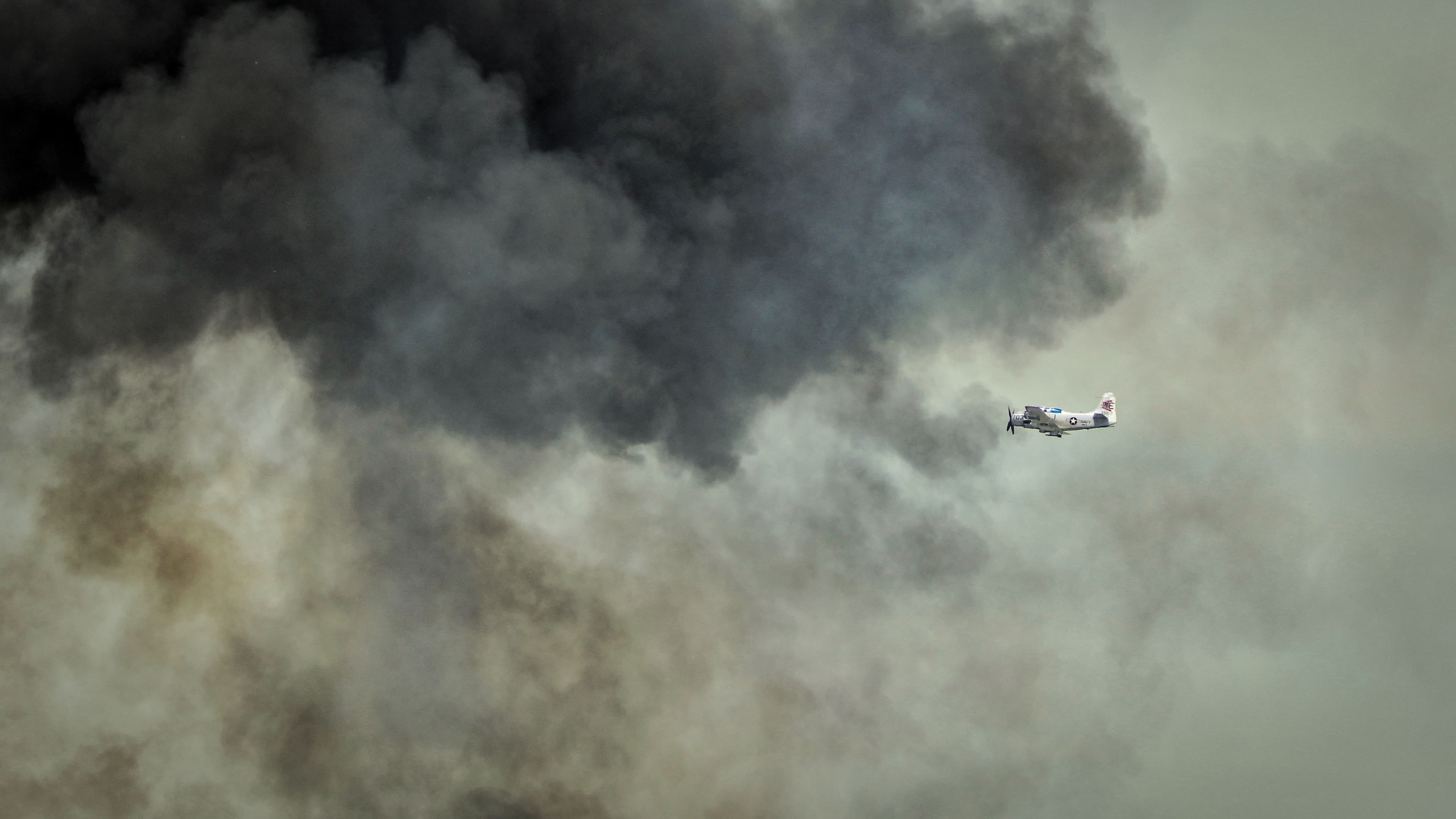Stockholm International Peace Research Institute

▲ Photo by Chandler Cruttenden on Unsplash
Related research
What problem are they trying to solve?
From the Napoleonic Wars to the Cold War, competition between Great Power states—countries with global interests and the military strength to defend them against their rivals—has had a huge influence on the course of history. We should expect this pattern to continue in the 21st century. Policy decisions made by the United States, China, and potentially India will exert a powerful influence in many domains, from how powerful new technologies (both military and not) are developed and implemented to whether countries are able to cooperate to tackle global threats like climate change and pandemics. Great Powers may be able to cooperate to navigate the dangers these threats pose. Or, cooperation may break down and the 21st century will be defined by unmitigated competition and even war. Considering the high stakes, interventions that can promote cooperation, and research that can identify such interventions, make for highly impactful funding opportunities.
What do they do?
SIPRI conducts independent research on issues of international security. The organization is most known for the research reports it publishes and the databases it maintains, but it also hosts events that bring together researchers, policymakers, and advocates. Researchers based at SIPRI cover a wide range of topics, including the implications of weapons of mass destruction and emerging technologies and effective policy instruments for maintaining peace. SIPRI is notable for being one of the few international peace and conflict non-profit research institutes we found during our investigation.
Why do we recommend them?
- Research into future risks of war, particularly those posed by emerging technologies and Great Power rivalry, is one of the priority interventions we identify in our report on Great Power Conflict. SIPRI is a leading research organization in this space.
- Few other independent, international conflict research organizations have as strong a track record or reputation as SIPRI.
- Funders can restrict donations to SIPRI’s work on Great Power competition, shifting the organization’s focus to topics that we identify as particularly important in our report on Great Power Conflict.
Our report on Great Power Conflict identified many important gaps in our knowledge of effective policies and interventions for reducing the chance of conflict between Great Powers. Rigorous research into questions of practical importance could prove highly impactful if it allows advocates and policymakers to identify concrete actions to take to reduce risks in this space. SIPRI is one of the best-placed organizations to carry out this sort of work. It has also indicated to us that Founders Pledge members can make donations to support research into questions of specific concern from a longterm perspective.
Why do we trust this organization?
SIPRI is a well-established research organization with a track record of producing useful research and data. We see them as a safe bet for carrying out more work of this kind.